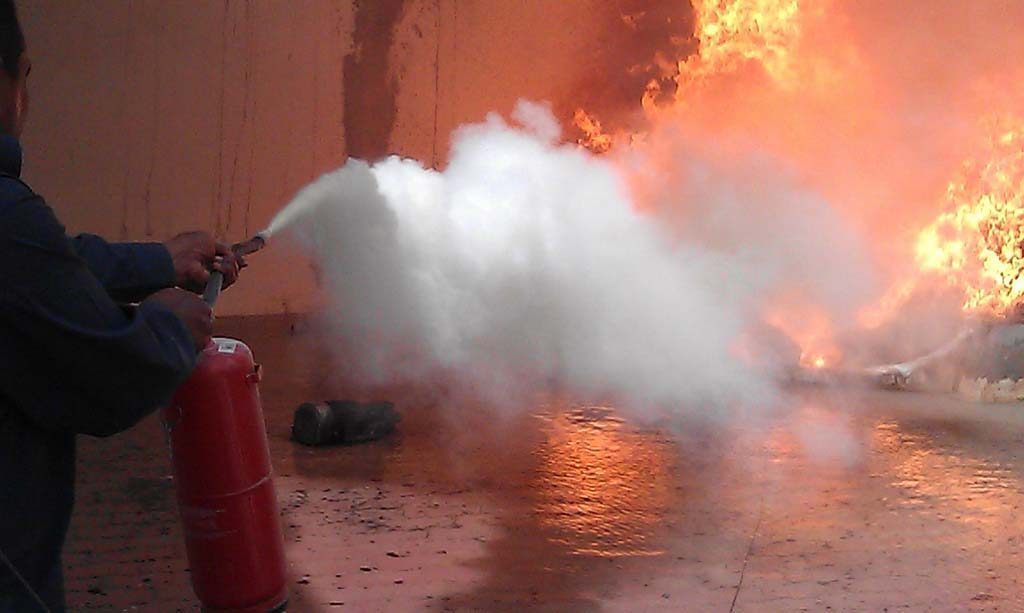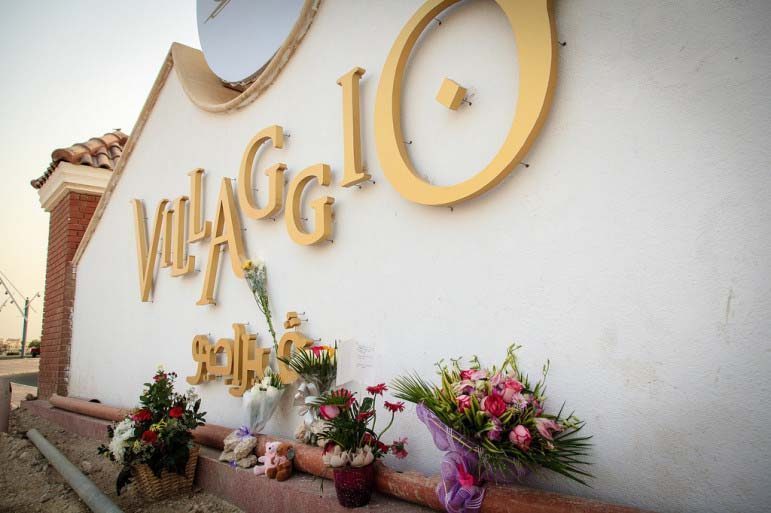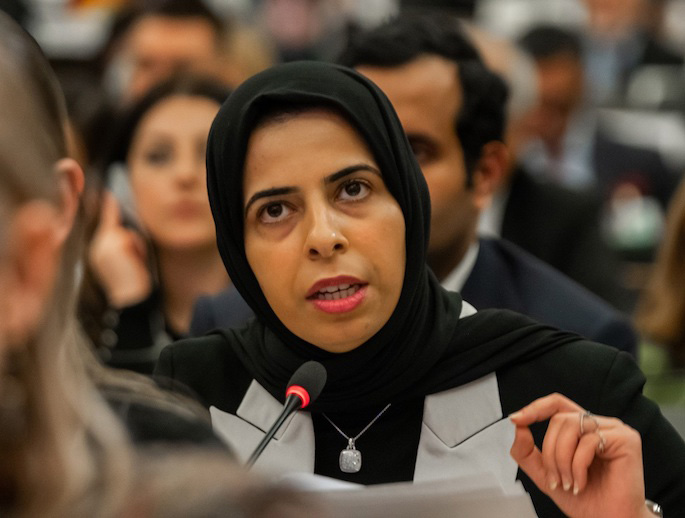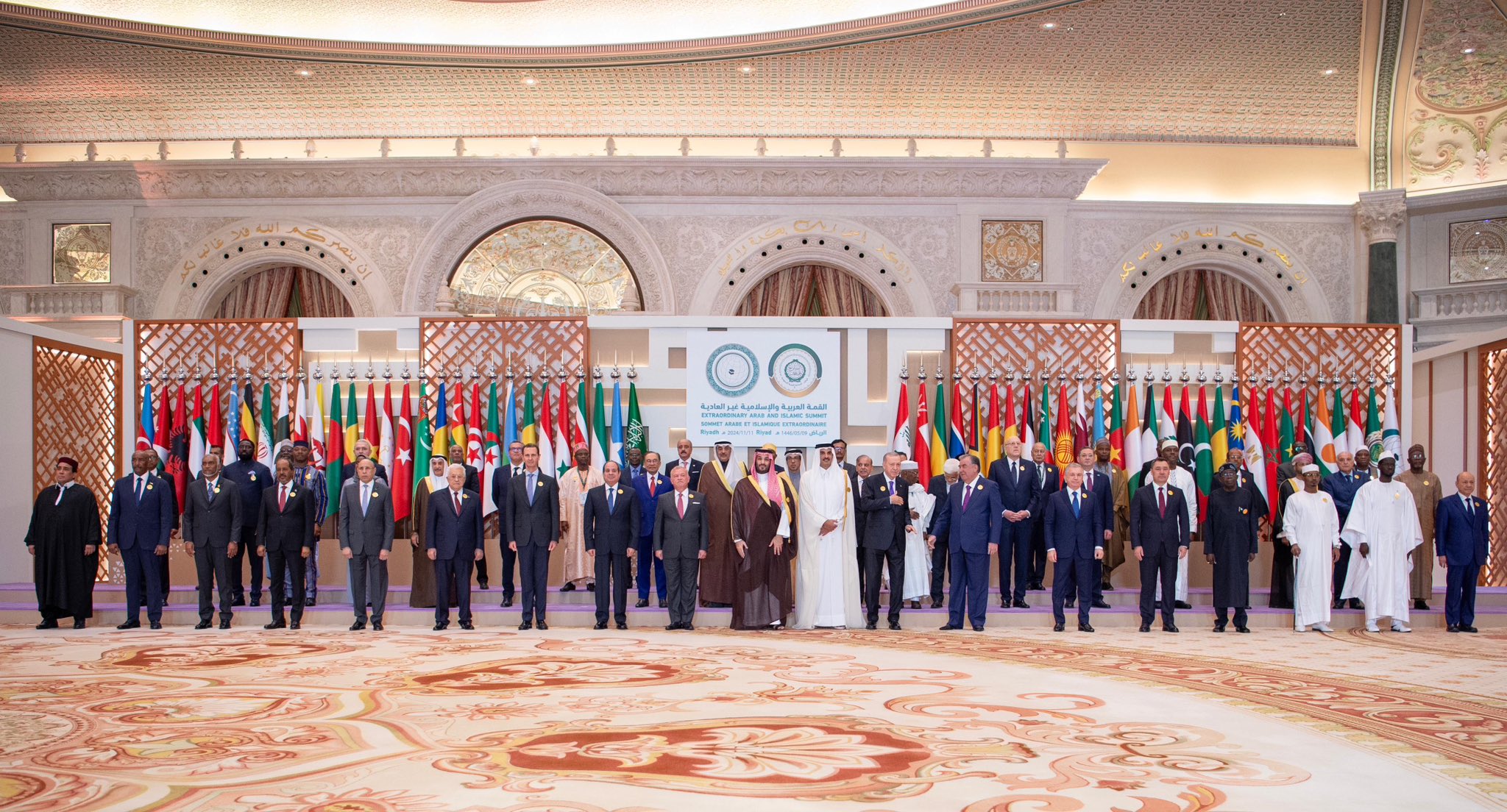
Qatar’s state Cabinet has approved new measures to strengthen the nation’s fire safety regulations, including setting up a body that would be tasked with declaring national emergencies in the event of a disaster, Qatar News Agency (QNA) reports.
At its weekly meeting, the Cabinet approved a draft law and several ministerial decisions regarding Civil Defense, which have been forwarded to the Advisory (Shura) Council for consideration.
Among the proposals were standardizing the teaching of fire and emergency safety principles in schools and allowing private companies to set up safety training centers for the first time.
The Cabinet also endorsed the idea of setting up a Supreme Council of Civil Defense that would set overall policy on fire fighting, civil defense and emergency preparedness.
The proposals appear to enhance existing Civil Defense legislation (Law No. 13 of 1997, and Law No. 9 of 2012) that put the Minister of Interior in charge during disasters.
Currently, all firefighting and civil defense-related activities are undertaken by the Ministry of Interior’s (MOI) General Directorate of Civil Defense, which will continue to be responsible for these tasks under the new legislation.
Proposals
Among the changes ratified by the Cabinet was a ministerial decision to break the current government monopoly on the provision of fire safety and civil defense skills by allowing private firms to set up and operate training centers.

These companies must be wholly Qatari-owned and, under the provisions, may be granted an operating license for three years, on a renewable basis.
The Cabinet also approved a proposal stating that the basics of civil defense and fire-fighting should be taught in all schools, religious institutes and training centers.
Measures aimed at improving safety explicit a requirement for all designs of new state (government) buildings to be submitted to the MOI, which will scrutinize and approve fire detection system plans.
The new proposals also state that licenses for commercial, industrial and general stores will not be granted until they are inspected and deemed to have a valid fire detection system, and the owners of all such properties will be required to regularly maintain the systems.
These measures would appear to be an attempt to bolster existing legislation, tightening regulations on fire safety and educating the wider public on basic safety measures.

The proposals come nearly three years after 19 people were killed in a fire in Villaggio shopping mall. At the time, the 2012 tragedy forced authorities to examine other malls and public buildings to ensure they met basic safety regulations.
In the aftermath, Qatar’s Civil Defense also instructed all institutions, including private and public companies, hotels, apartment buildings and restaurants, to shore up their fire prevention and safety measures or face immediate closure, following spot-checks.
Fires in buildings in Qatar are not unusual, most commonly breaking out in under-construction buildings or in warehouses and storage facilities.
For example, the newly-opened Fire Station art hub had two outbreaks during its refurbishment last year.
And just last month, a fire broke out on the roof of a tower being built in the Dafna/West Bay area. It continued for several hours before it was brought under control.
Thoughts?







